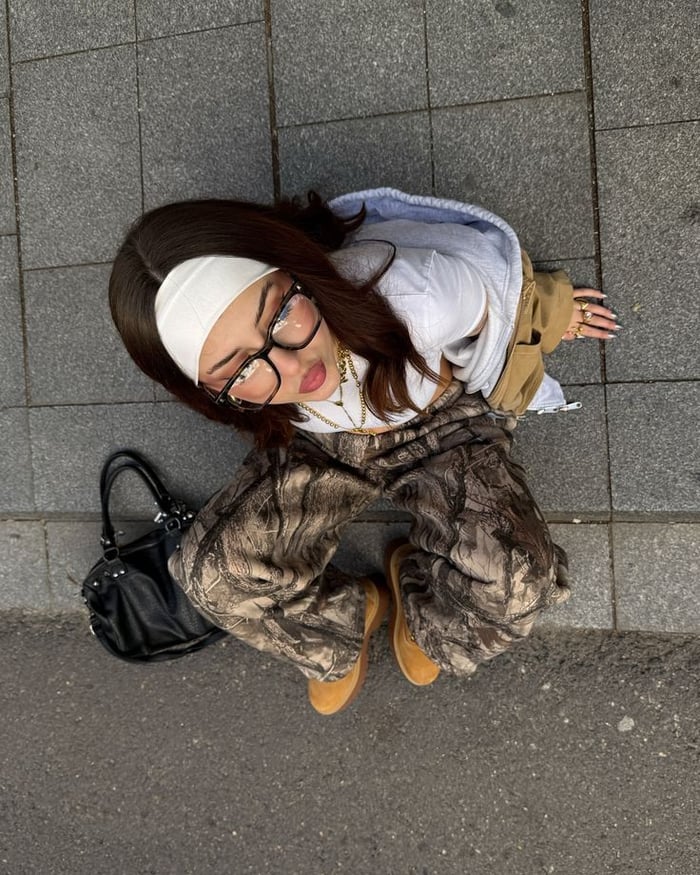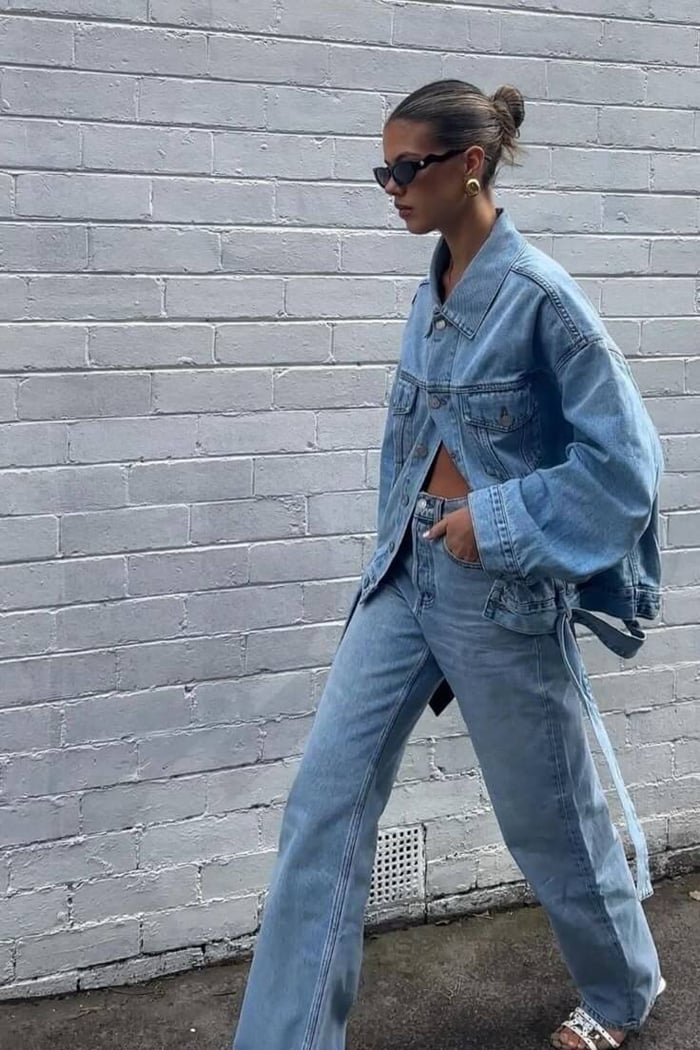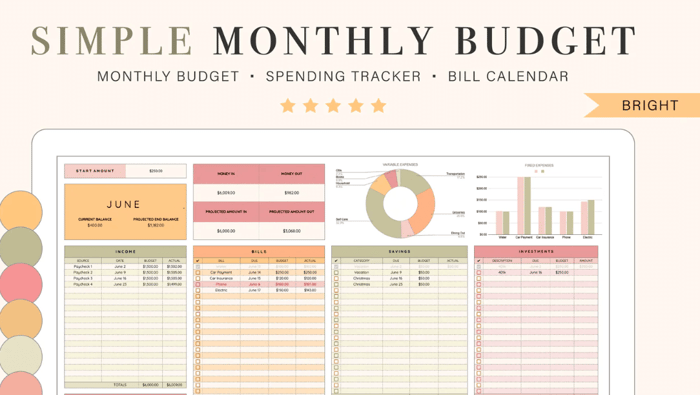How to Stay Stylish on a Budget: Fashion Shopping Tips for the Savvy Shopper
Table of Contents
Looking great doesn’t have to cost a fortune. Whether you’re a student, building your wardrobe from scratch or simply trying to spend smarter, knowing how to shop for fashion on a budget can help you stay trendy without breaking the bank. In this guide, you’ll discover practical budget fashion shopping strategies, from thrifting secrets to the best ways to find affordable, stylish clothes both online and offline.

Why Budget-Friendly Fashion Matters
Fashion is often associated with luxury brands and expensive purchases. But today’s affordable fashion tips prove that being stylish doesn’t depend on your bank account, it depends on your strategy.
Sustainability: Shopping second-hand or wisely choosing long-lasting basics reduces waste and supports a more sustainable fashion industry.
Personal expression: Affordable fashion allows you to experiment with trends and styles without fear of “losing” money on items you rarely wear.
Financial health: Learning how to manage your clothing budget frees up money for other priorities, while still letting you enjoy fashion.
In short, staying stylish on a budget is not just possible, it’s smart.
How to Shop for Fashion on a Budget: The Ultimate Guide
1. Thrifting: Your Secret Weapon for Affordable Style
One of the best ways to shop on a budget is to buy second-hand clothes. Thrift stores, vintage shops, flea markets, and online resale platforms (like Vinted, Depop, or Poshmark) offer unique finds at unbeatable prices.
Thrifting Tips:
Shop in wealthier neighborhoods for higher-quality donations.
Visit midweek mornings for the freshest stock.
Browse the men’s section for oversized jackets, shirts and sweaters.
Use search filters wisely on online marketplaces to avoid scrolling endlessly.
Bonus tip: Set a fixed budget before each visit to avoid impulse buys.

2. Focus on Quality Basics Over Fast Trends
It’s tempting to buy fast-fashion items every season. However, investing in high-quality basics pays off. Prioritize neutral, versatile clothing that withstands both time and trends:
A well-fitted pair of jeans.
A white shirt or blouse.
A black blazer.
Plain cotton t-shirts.
Look for materials like organic cotton, linen, and sustainable denim, even if they’re slightly more expensive upfront, they’ll last longer.

3. Master the Art of Hunting Sales and Discounts
Patience is your ally. By waiting for sales, you can get your favorite items at a fraction of the price:
Sign up for newsletters from your favorite stores to access exclusive sales.
Use browser extensions like Honey to find discount codes automatically.
Shop out-of-season: buy winter coats in spring, or summer dresses in fall.
Check outlet malls or past-season sections online.
Combine discounts for maximum savings: a 20% off sale plus a loyalty code can significantly reduce your total spend.

4. Build a Capsule Wardrobe
A capsule wardrobe is a minimalist approach where you own fewer, high-quality items that mix and match seamlessly. This strategy not only saves you money but also simplifies outfit choices.
Steps to Build Your Capsule Wardrobe:
Choose 2-3 base colors (like black, white, and beige).
Add 2 accent colors (perhaps olive green or burgundy).
Prioritize timeless silhouettes over trendy cuts.
Focus on versatility: each item should work in at least 3 different outfits.
With a solid capsule wardrobe, you’ll spend less on unnecessary purchases and always have something stylish to wear.

5. Shop at Budget-Friendly Fashion Brands
Not all budget fashion means low quality. Brands like Uniqlo, H&M Conscious, Mango Outlet, or even Zara sales sections often offer good-quality pieces at reasonable prices.
Look for:
Basics collections.
Past-season sections.
Sustainable lines (better materials at entry-level prices).
Always check fabric composition and customer reviews before purchasing.
6. Use Clothing Rental Services
Why buy an expensive dress for a single event? Clothing rental platforms allow you to wear designer or special-occasion pieces for a fraction of the purchase price. Great for weddings, galas, or weekend events:
HURR Collective (UK)
Rent the Runway (US)
La Más Mona (Spain)
Borow
Renting gives you access to premium style without long-term commitment or cost.

7. DIY & Upcycling: Make Old Clothes New Again
Give your existing wardrobe a fresh life by:
Cropping oversized tees or jeans.
Adding iron-on patches or embroidery to jackets.
Changing buttons for a designer-inspired twist.
Dyeing faded clothes to restore color.
Not only does upcycling save money, but it also lets you express your creativity.

Stylish Outfit Ideas on a Budget
Let’s see how these tips translate into actual outfits:
Look 1: Casual Weekend
Thrifted oversized hoodie
Outlet-store denim jeans
Budget-brand white sneakers
Look 2: Office Chic
Capsule wardrobe blazer (neutral color)
Second-hand tailored trousers
High-street leather loafers
Look 3: Night Out
Rental service sequined dress
Thrifted leather jacket
Sale-section ankle boots
Budget shopping doesn’t mean sacrificing style, it means dressing smart.
Quick Tips to Avoid Overspending on Fashion
Staying stylish doesn’t have to drain your wallet. In fact, adopting simple mindset shifts and practical habits can help you build a wardrobe you love—without impulse buys and financial regret. Here are some powerful strategies to help you spend smarter when shopping for fashion:
1. Never Shop When You’re Bored or Emotional
Shopping as a response to boredom, stress, or excitement almost always leads to unnecessary purchases. Emotional spending often results in clothes that don’t fit your style, needs, or long-term wardrobe goals.
Practical Tip:
Before adding anything to your cart, ask yourself:
Do I actually need this item?
Will I wear it at least 10 times?
Would I have looked for this if I weren’t browsing out of boredom?
If the answer is “no,” close the tab and walk away.

2. Keep a Wishlist to Focus Your Purchases
Creating and maintaining a wishlist helps you stay focused on what you genuinely want or need. Instead of making random purchases, you’ll have a clear view of the gaps in your wardrobe.
Benefits of a Wishlist:
You prioritize your most-needed pieces.
You avoid buying duplicates.
You build a more cohesive wardrobe.
Whenever you see something tempting, don’t buy it immediately. Add it to your wishlist and revisit it after a few days. If you still want it, it’s probably worth considering.
3. Track Your Clothing Spending Monthly
It’s easy to lose track of how much you spend on fashion each month. Keeping a record gives you clarity and helps you avoid overspending.
How to Track Your Spending:
Use a simple spreadsheet, a budgeting app like Spendee or Notion, or even your phone notes.
Categorize your purchases: basics, trendy items, accessories, etc.
Set a monthly clothing budget, and challenge yourself to stick to it.
Seeing your real monthly spend in black and white will naturally encourage more thoughtful shopping.

4. Join #NoBuy or #LowBuy Challenges
Communities centered around mindful consumption, like the #NoBuy and #LowBuy movements, can help reset your shopping habits:
#NoBuy Challenge: Commit to not buying any new clothing for a set period (e.g., 30 days, 3 months, a full year).
#LowBuy Challenge: Limit yourself to a certain number of items or stick to strict monthly spending limits.
Following others on these challenges can motivate you and inspire creative ways to use what you already own.
5. Think Price-Per-Wear, Not Just Price Tag
A cheap item you wear once is more expensive (per use) than a higher-quality piece worn repeatedly. This concept is called price-per-wear.
Example:
A €10 fast-fashion top worn once = €10 per wear.
A €100 blazer worn 50 times = €2 per wear.
Instead of focusing only on the price tag, ask yourself:
“Will this piece earn its place in my wardrobe through repeated use?”
Investing in versatile, durable pieces almost always saves money over time.
Final Thoughts: Affordable Fashion Is Possible (and Fun!)
Knowing how to shop for fashion on a budget is about mindset as much as methods. By thrifting, investing in quality basics, and taking advantage of sales, you can look stylish without sacrificing your finances. Think of every outfit as a creative challenge—where your style and smart shopping skills combine.
Next time you feel tempted by that pricey impulse buy, remember: staying stylish on a budget is not only doable but also deeply satisfying. Discover Modelia!!
FAQ: How to shop fashion on a budget
What are the best ways to shop for fashion on a budget?
Focus on versatile basics, shop during sales or clearance events, and look for secondhand or thrifted items. Prioritize quality over quantity to build a wardrobe that lasts.
How can I stay stylish without overspending?
Mix affordable essentials with a few standout pieces, accessorize smartly, and learn to style items in multiple ways. Following timeless trends instead of fast fashion helps maintain a chic look on a budget.
Are thrift stores and secondhand shops good options for budget fashion?
Yes, they offer unique, affordable pieces while promoting sustainability. Many secondhand items are high quality and can be styled to look modern and trendy.
What strategies help maximize a limited fashion budget?
Set a spending limit, make a list of essentials before shopping, and use discount apps or loyalty programs. Investing in neutral, mix-and-match items ensures more outfit combinations with fewer purchases.
How would you rate this article:
Related Articles
- How Digital Clothing Is Shaping the Future of Fashion
- 5 Free AI Face Swapping Online - Best Tools
- Virtual Try-On Revolution: Experience Fashion, Makeup & More
- 10 Best AI Video Editing Tools for Streamlined Editing and Creation
- The Ultimate Guide to Upscaling Images Using AI Technology
- Fashion trends for 2026
- 8 AI Changes that are Revolutionizing the Fashion Industry
- Virtual Clothing Models: The Future of Fashion Design and Online Shopping
- The Best Sustainable Fashion Brands Changing the Industry
- Top 6 Alternatives to Lalaland.ai for AI Fashion Model Generation


